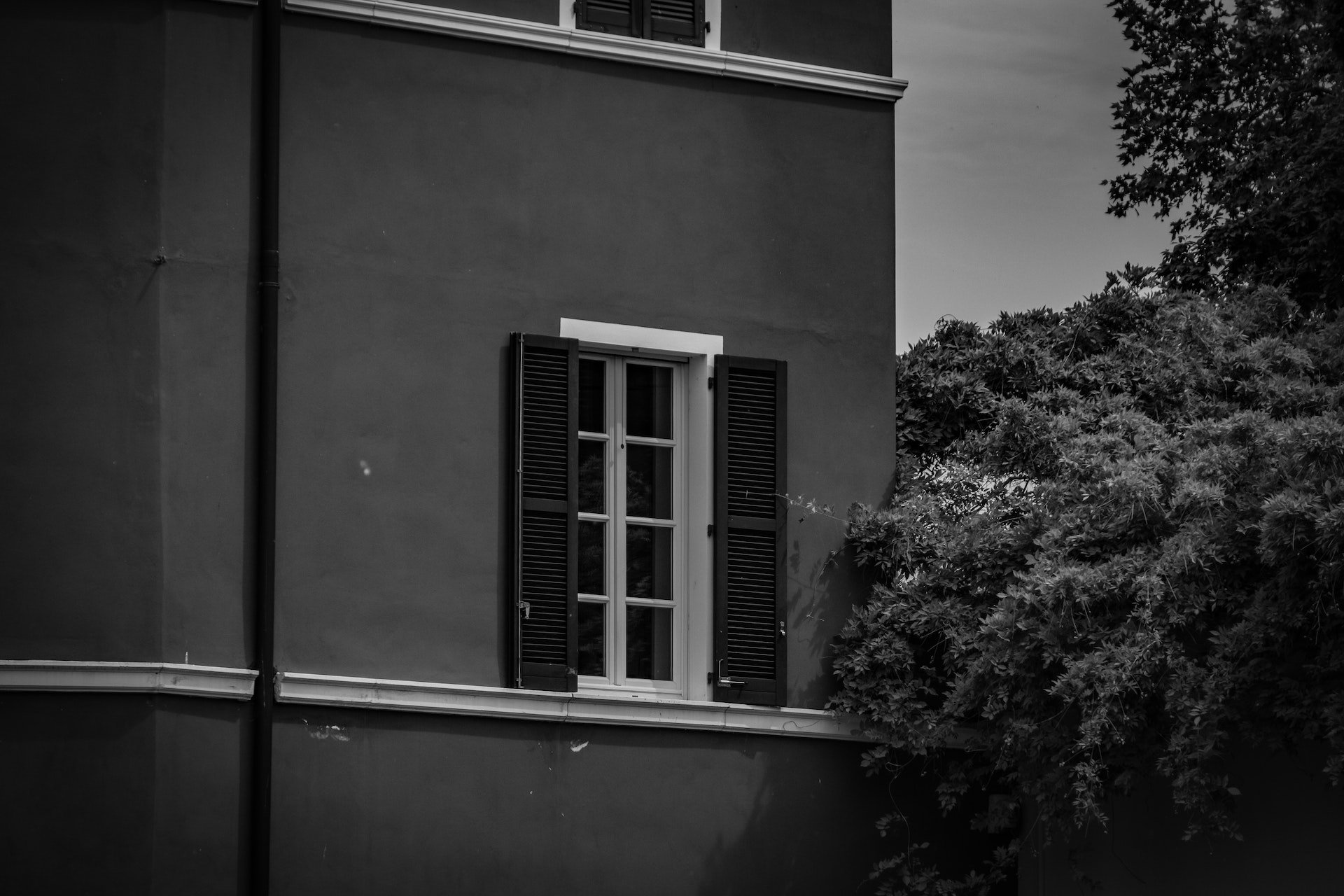When searching for your dream home, you may come across the dilemma of choosing between an old house with history and character or a new construction with modern amenities. Both options have their unique appeal, but buying an aging property, also known as an old house, comes with its own set of advantages and disadvantages. In this blog, we will delve into the pros and cons of purchasing an aging property, helping you make an informed decision that aligns with your lifestyle and preferences.
Advantages of Buying an Aging Property:
Charm and Character: Old houses are often rich in architectural details and unique features that exude charm and character. From original woodwork to vintage fireplaces, these elements add a sense of history and beauty to the home.
Established Neighborhoods: Many old houses are located in well-established neighborhoods with mature trees and a sense of community. These areas often have a timeless appeal and may offer a sense of nostalgia.
Craftsmanship and Quality: Older homes were often built with quality craftsmanship and sturdy materials, which can contribute to their durability and longevity.
Potential for Appreciation: In certain cases, older properties located in desirable neighborhoods may appreciate in value over time, providing a potential return on investment.
Opportunity for Restoration: If you have a passion for renovation and design, an aging property can be a blank canvas for restoring and customizing according to your vision.
Disadvantages of Buying an Aging Property:
Maintenance and Repairs: Older houses may require more frequent maintenance and repairs compared to newer constructions. Aging components such as plumbing, electrical systems, and the roof may need attention.
Energy Efficiency: Old houses may be less energy-efficient compared to newer homes, which could lead to higher utility costs. Upgrading to energy-efficient systems may involve additional expenses.
Outdated Features: Some older houses may have outdated layouts and features that don’t align with modern living preferences. Renovations to update the property can be time-consuming and costly.
Hidden Issues: With aging properties, there’s a possibility of hidden structural or mechanical issues that may not be apparent during the initial inspection. Thorough due diligence is crucial.
Resale Challenges: Selling an aging property in the future may pose challenges if it has not been adequately maintained or updated. The market appeal of older houses may vary based on location and buyer preferences.
Making the Decision – Is an Aging Property Right for You?
Ultimately, the decision to purchase an aging property depends on your lifestyle, preferences, and budget. If you appreciate the charm, history, and unique features of old houses, and you’re willing to invest in maintenance and renovations, an aging property may be an excellent choice.
Before making your decision, consider hiring a reputable home inspector to assess the condition of the property thoroughly. This inspection will provide insights into any potential issues and help you determine the overall health of the house.
Conclusion – Embrace the Beauty of the Past or Embrace Modernity:
Buying an aging property is a personal choice that can lead to a rewarding homeownership experience. The charm and character of an old house may capture your heart, or you may prefer the convenience and efficiency of a new construction. Whichever path you choose, remember to weigh the advantages and disadvantages to make an informed decision that aligns with your vision for your future home.


